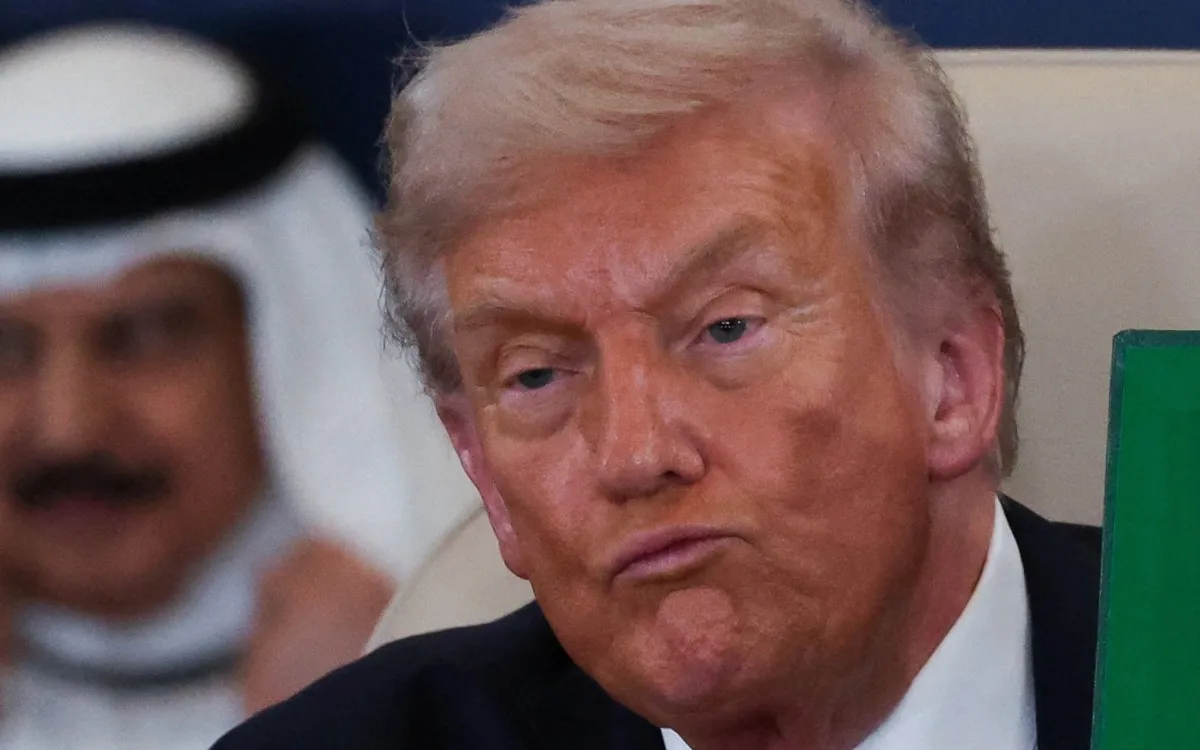
In a recent social media post, United States President Donald Trump issued a stern warning regarding the fragile ceasefire between Israel and Hamas. He threatened to terminate the ceasefire if the Palestinian group continues its violent actions against gangs and individuals accused of collaborating with Israel in Gaza. “If Hamas continues to kill people in Gaza, which was not the Deal, we will have no choice but to go in and kill them,” Trump stated on Thursday, adding, “Thank you for your attention to this matter!”
This statement marks a significant shift in Trump's stance, particularly as he had previously expressed support for Hamas's efforts to eliminate gangs within the Palestinian territory. During a press conference earlier this week, Trump noted, “They did take out a couple of gangs that were very bad, very, very bad gangs. And they did take them out, and they killed a number of gang members. And that didn’t bother me much, to be honest with you. That’s OK.”
Amid these developments, there have been reports of deadly clashes between Hamas and armed clan members in Gaza. These gangs have been accused of looting humanitarian aid and collaborating with Israel. In response to the escalating violence, the Interior Ministry in Gaza declared a general amnesty for gang members who did not engage in the recent bloodshed.
In a controversial revelation, Israeli officials admitted in June to arming certain Gaza gangs, some of which have ties to ISIL (ISIS), as part of a strategy to destabilize Hamas. This complex web of violence further complicates the already tense situation in Gaza. Reports indicate that on Sunday, gunmen from a Gaza gang linked to Israel fatally shot prominent Palestinian journalist Saleh Aljafarawi, intensifying concerns over safety and security in the region.
Palestinian Authority President Mahmoud Abbas condemned Hamas for allegedly executing suspected Israeli collaborators, labeling these actions a “heinous crime.” Abbas's office stated, “What happened represents a crime, a flagrant violation of human rights, and a serious assault on the principle of the rule of law.” This condemnation illustrates the internal divisions and conflicts within Palestinian politics.
Under Trump's proposed ceasefire plan, Hamas would be required to disarm and relinquish any governance role in Gaza. However, it remains unclear whether Hamas has agreed to these terms. Since the ceasefire took effect on Saturday, it has largely held, but violations have been reported. Israel has consistently accused Hamas of breaching the agreement, justifying the killing of Palestinians by claiming they approached areas under Israeli military control, which are not clearly demarcated.
Moreover, Israel has threatened to once again restrict humanitarian aid to Gaza, citing Hamas's failure to return all captives' bodies. The Israeli government has also refused to open the Rafah crossing between Gaza and Egypt, further complicating the humanitarian crisis in the territory.
As tensions continue to rise, the future of peace in the region remains uncertain, with both humanitarian and political implications at stake.